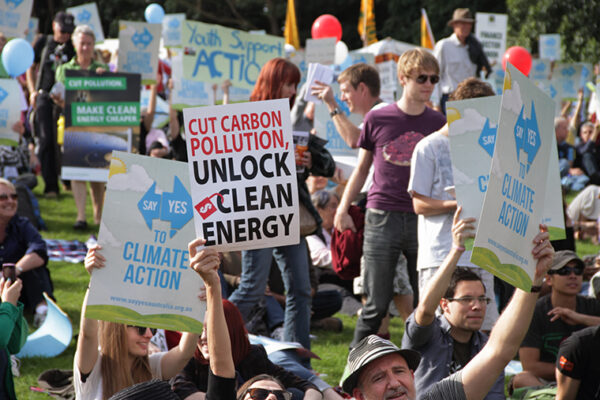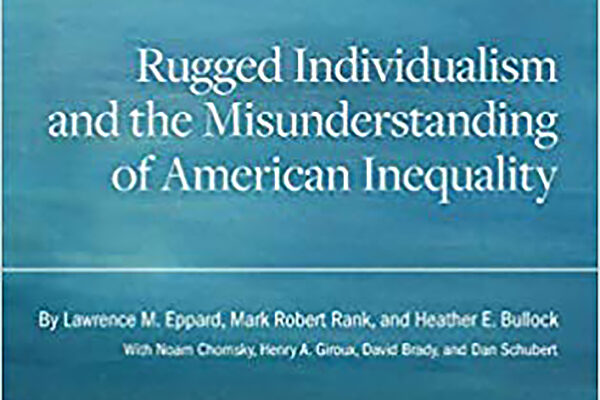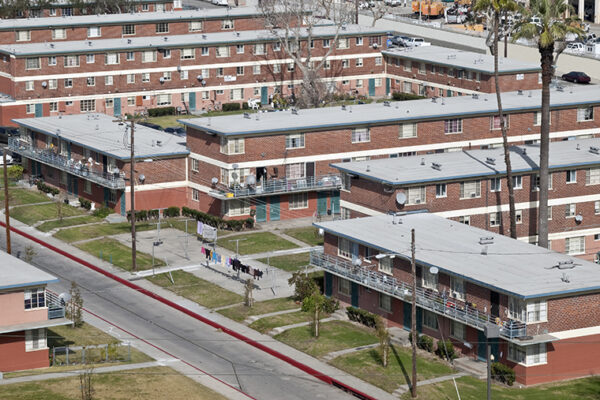Voters in modern democracies, such as the United States and Germany, have long held the power to take from the rich, give to the poor and erase the huge economic inequalities that separate the vast majority of a nation’s citizens from its super-wealthy elites.
But given the chance to play Robin Hood, most people in these countries show little interest in making dramatic wealth transfers, choosing to redistribute only about 12 percent of all funds available to reduce inequities between rich and poor, suggests a new experimental study published March 19 in the Proceedings of the National Academy of Sciences.

“Participants in our experiment were willing to tolerate a considerable degree of inequality even in a setting where they have full control over the final distribution of wealth and there are no costs to redistribution,” said study co-author Michael Bechtel, associate professor of political science in Arts & Sciences at Washington University in St. Louis.
Co-authored with political scientists Roman Liesch of the University of St. Gallen in Switzerland and Kenneth Scheve of Stanford University, the study is among the first to examine how individuals change the distribution of wealth when confronted with clear-cut cases of favorable and unfavorable economic inequality.
Based on a randomized experiment conducted on a representative sample of about 5,000 adults in Germany and the United States, findings suggest that quirks of human behavior may explain why voters in democracies have been unable to reverse the soaring economic inequalities now fueling political polarization and extremism around the globe.

“A key finding in our study is that individuals are also divided over how to respond to scenarios in which they are richer than another person and scenarios in which they are poorer,” Liesch said. “Those who take from the rich do not also tend to give to the poor and individuals who give to the poor do not tend to take from the rich.”
Study participants were randomly selected through a raffle process to receive a pair of Amazon gift cards with designated values of $25, $50 or $75. Told which of the cards was their own, participants were then offered the option of using a “give-or-take” slide bar to transfer funds to or from the other card.
“Our findings show that when individuals are exposed to inequality and given the chance to equalize wealth, many still refrain from doing so,” said Scheve, a professor of political science at Stanford University. “We also found that this behavior predicts in meaningful ways whether an individual supports heavy taxes on the rich and the provision of welfare benefits for the poor.”
Other recent research, including a popular 2011 study by Michael I. Norton and Dan Ariely, has argued that economic inequalities persist because the poor have a skewed sense of their relative position within a nation’s income distribution — they don’t consider themselves to be especially poor and don’t believe economic inequalities to be that great.

The assumption here, Bechtel said, seems to be that if voters knew the true level of inequality, they would remove it. However, the study’s results suggest that this is not the case.
“In our experiment, there is no misperception of relative wealth,” Scheve said. “Individuals know exactly how the value of their Amazon card compares to the other respondent’s gift card, and they can fully remove inequality by giving to or taking from the other respondent.”
Surprisingly, in a scenario where cardholders have the power to transfer every cent of someone else’s card to themselves, most take only a small fraction of the funds available.
The authors also found that the people most likely to take funds from a wealthier cardholder are often unwilling to pass their own funds along to a poorer cardholder. Conversely, people most willing to share their money with poorer cardholders are less likely to take funds from those richer than themselves.
“This suggests that inequality persists in part because individuals are not averse enough to inequality. And because the aversion to favorable and unfavorable inequality is distributed in ways that make it difficult to marshal the level of public support needed to implement the type of ‘Robin Hood’ policies — taking from the rich and giving it to the poor — that would be most effective at reducing inequality,” Bechtel said.
By providing a methodology to measure individual differences in willingness to redistribute wealth, the study offers a tool to gauge the likelihood that voters in a particular nation would support and enact progressive wealth redistribution programs.
In this study, German participants were more willing to reduce favorable and unfavorable inequality than Americans, and this tendency corresponds well with existing differences in real-life wealth transfer programs now in place in these countries.
Without tax transfers and other wealth distribution programs, both nations would have similar levels of poverty (32 percent in the U.S. and 36 percent in Germany). However, using various progressive social programs, Germany reduces its poverty rate by 20 percent, compared with a reduction of only 8 percent for similar programs in the United States.
The authors believe their experimental results on how citizens respond to inequality in the United States and Germany also may explain both political support for and the actual level of government redistribution in other countries.



